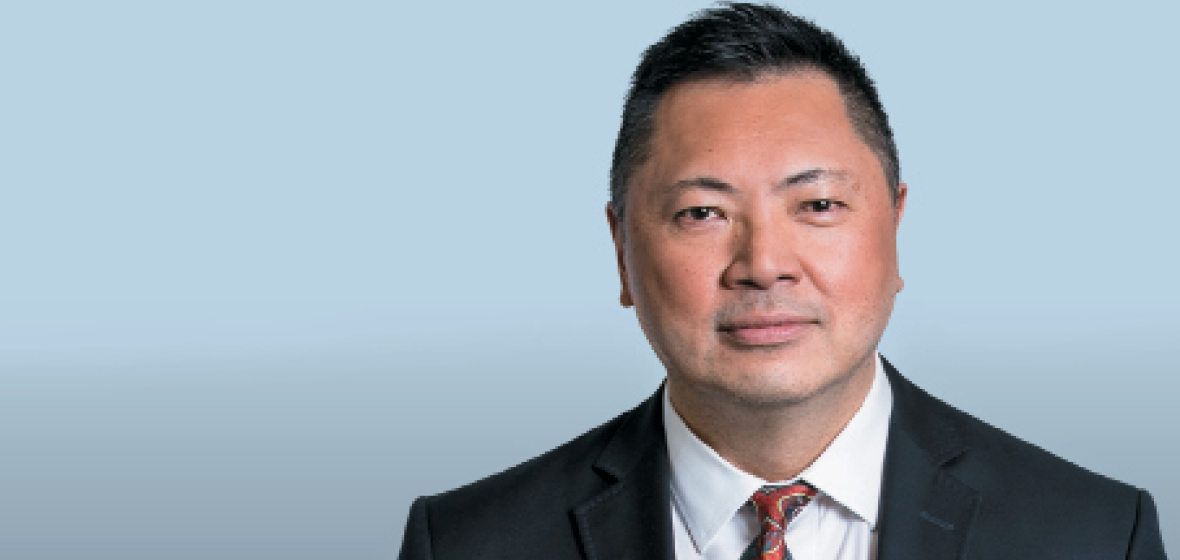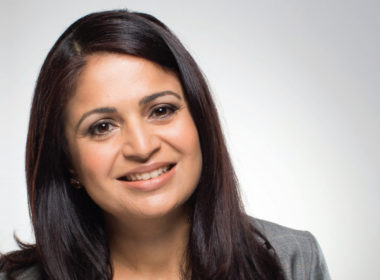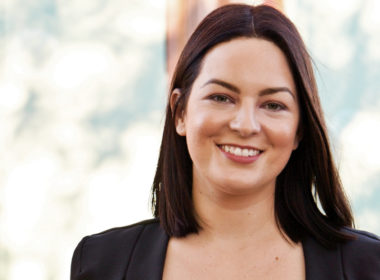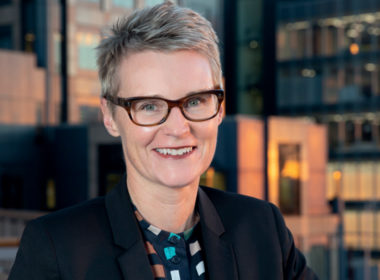Race Discrimination Commissioner Chin Tan is passionate about promoting cultural diversity and combatting racism in Australia. Prior to joining the Commission, Chin spent three years as the Director for Multicultural Engagement at the Swinburne University of Technology and over two decades working as a lawyer. He discusses his career and thoughts on the legal profession.
What does your job involve?
In a nutshell, it is implementing initiatives to combat racial discrimination and prejudices that lead to it. It’s also promoting a just, fair and equal society for everyone. We’re not equal when there remains unequal justice, treatment and opportunity in our community. On a day-to-day basis I attend a lot of meetings and engage with stakeholders. I also try to keep a clear focus on the bigger picture, which involves setting road maps to becoming the society we seek to become. My job often requires responding to race issues as they arise. This can range from communal disputes to confronting large-scale race problems such as COVID-19-related racism.
How has COVID-19 impacted your work?
It has confined me to working from home in Melbourne when my office is in Sydney. It has been difficult at times, but I’m learning new tricks about how to get things done. In terms of content, it is disappointing to note there is a general increase in racism due to COVID-19 particularly directed at Asian Australians. Since February, we have seen a substantial increase in complaints of racism to the Human Rights Commission. I’ve been focused on driving strategies and engagement to address racism that has emerged from this crisis.
What are the biggest challenges for the legal profession?
The legal profession needs to remain relevant and meaningful, particularly in a post-COVID-19 world. Within the profession, its members need to feel valued and fulfilled in their vocation. The profession must strive to maintain its role as a trusted leader and institution of the community. Another issue is the staggering lack of representation of Asian Australians in senior roles. There needs to be a cultural shift in the legal profession.
What legislation or policy frameworks need to be introduced or amended?
The Commission has been keenly aware of the intersectionality of discrimination in Australia. We would like to see the introduction of a positive human rights framework. There is a standing advocacy for Australia to adopt a human rights charter. We are currently the only country in the western world that does not have one. Additionally, in a world where it is largely polarised by extremism, I believe it’s important that we provide stronger and more effective laws against hate crimes.
What are you most passionate about?
Most lawyers were drawn to the legal profession because they had a passion for defending people against injustices, standing up for their interests, and championing legal causes for the greater good of society. I remain true to that passion. I believe there is a multicultural tent in Australia and that we all belong in it. No one should be left behind. Of course, being respectful of our Indigenous Australians, the analogy may need to be adapted but we can work together. I want to give power and hope to Australians of all diverse backgrounds to believe in this country as their home.
What do you do in your spare time?
I wish I had more spare time! I love to read and spend as much time as I can with family. I like helping my wife out in the kitchen to prepare meals. I also try to go to the gym. My wife is trying to get me to run but I’m not much of a runner. I also devote considerable time to engaging with multicultural communities, attending events and functions, and generally just being with community and supporting and understanding what’s happening out there.




